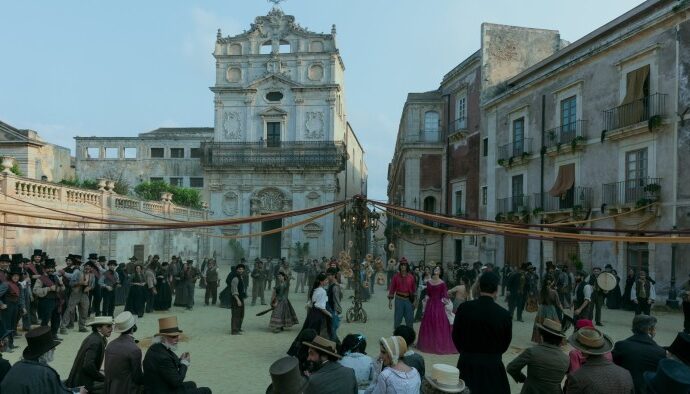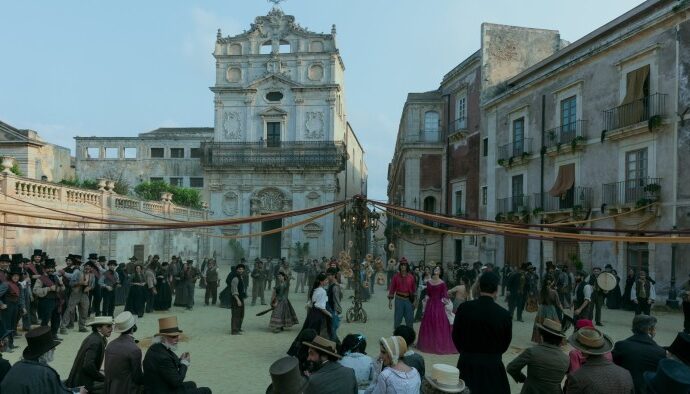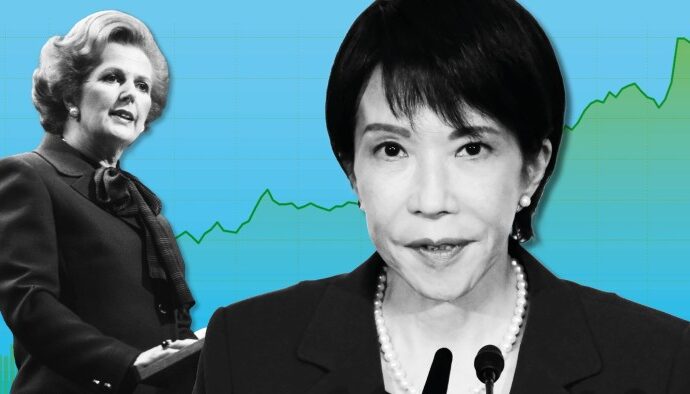Journalist David Lynch’s The World’s Worst Bet is like a disaster movie. The Washington Post correspondent (formerly at the FT) opens his book with one senior politician after another asserting, as if to camera, that China’s imminent membership of the World Trade Organization in 2001 presented no threats, but only opportunities. China, said Joe Biden said at the time, was “a nation with the impact on the world economy about the size of the Netherlands”. It was absurd to think it would have any impact on the American manufacturing economy.
Lynch quotes a seemingly endless list of eminent senators reassuring American taxpayers, workers and themselves that a world of joyous happiness lay ahead. “Expanding trade,” said one, “will lead China into democracy, into freedom.” “Capitalism corrodes communism,” said another, with complete conviction. It was not just politicians who got it wrong. Once per capita income reaches $7,000 said one economist, China will become a full-grown democracy. Bringing China into the global trading system, claimed 13 Nobel laureates (alongside scores of their colleagues) would “advance the rule of law” in China and “promote economic development and freedoms” there. Opening up to China, said veteran national security adviser Brent Scowcroft, “may be one of those rare occasions on an important issue where there’s virtually no downside”.
Those bets all proved to be not just misplaced but singularly misjudged. As Lynch explains with forensic detail, expectations that imports from China would be modest were out by a margin that makes a reader hold their head in their hands. Some could see what was happening and warned about the consequences — like Cass Johnson of the American Textile Manufacturers Institute, who by 2003 was warning that job losses and bloodletting in the textile industry were on the scale of those of the Great Depression. Anti-globalisation protesters who ran amok in Seattle in 1999 could see what was happening, even if the great and the good could not.
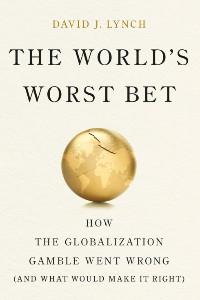
So too could Bill Clinton, who emerges here as something of a prophet whose warnings were not heeded. If governments offered “hard-working families no hope for the future”, said Clinton as early as 1991, “fear and insecurity will grow, and the politics of hate and division will spread”.
Those concerns proved spot on, writes Lynch, resulting in a few “high-growth areas” with bright futures, and “‘hope deserts’ that have been battered by waves of economic change and left to rot”. Though Lynch is ambivalent about whether Trump’s efforts to address the problems are or will be effective, he ends the book lamenting that “the people Clinton had worried would be left behind were, in fact, left behind”. All the problems facing the US, says the author, “were precisely what [Clinton] had foretold”.
If buyer’s regret is one theme of this book, another is that the alarm bells were ringing early in China too. Even in the 1990s, well before China joined the WTO, Chinese Premier Li Peng was worried about what lay ahead, asking Henry Kissinger bluntly “does the United States see China as [the] enemy”, a concern shared by other high-ranking officials, such as President Jiang Zemin who was reportedly “worried sick” about the deteriorating relationship between Beijing and Washington.
Anyone anxious about what might lay ahead will need to be sitting down to read Giuliano da Empoli’s impassioned, dazzling slim volume about the state of the world, The Hour of the Predator. Da Empoli, author of the hugely successful novel The Wizard of the Kremlin, seeks to capture the “dying breath of one world as it sinks into the abyss and the icy grip of another which will take its place.”
He sees today’s leaders as Aztecs at the arrival of those who followed Columbus across the Atlantic — praying to useless gods for miracles while handing the keys to the kingdom to new conquerors because of infighting, petty rivalries and the inability to grasp the severity of the situation. For da Empoli, the new colonisers are not Spanish conquistadors, but billionaires, tech bros and autocrats, almost all of whom are men, pumped up on testosterone and with high regard for their own brilliance.
Da Empoli is scathing about the way some see the problems of today. Soon after Trump’s first election and the 2016 Brexit vote, the author was invited to Chicago with other luminaries to the launch of the foundation set up by the Obamas to inspire and connect “leaders in waiting”.
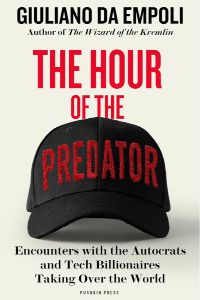
He arrived, keen to hear about how to prepare for the challenges ahead: instead, guests were treated to lessons about Michelle Obama’s organic garden, to a speech by someone who pioneered the mindful consumption of chocolate in the workplace, and a dinner curated by a conversation facilitator. It was hard to avoid the feeling, he writes, that he had “met lots of nice, well-intentioned people who were singularly ill equipped to fight the coming battle”.
There are others, writes da Empoli, who are. We are in the age of the predator, he argues, a time when a new order is being made by “men who have made their fortunes by moving fast and breaking things” — a tag that just happens to have been Facebook’s original internal motto. Today’s world is being made by men like Trump, Mohammed bin Salman of Saudi Arabia or Nayib Bukele of El Salvador, who locked up 80,000 people — and made his country the safest in the western world as a result.
This reminds da Empoli of Cesare Borgia and the Renaissance, of warfare and risk-taking, of men seeking to change society through force of character and the strength of their conviction. All that seems to stand in the way of men who don’t care about the consequences of their actions are lawyers; and lawyers, says the author, “have many qualities, but they have never managed to stop a revolution”.
This is a sharply written and provocative book, filled with witty asides and gallows humour. As with Lynch, da Empoli explains with clarity and precision that making poor decisions has consequences that can affect millions — even billions of people. Let’s hope that those lawyers are ready for what is coming next.
The World’s Worst Bet: How the Globalization Gamble Went Wrong by David J Lynch PublicAffairs $32, 416 pages
The Hour of the Predator: Encounters with the Autocrats and Tech Billionaires Taking Over the World by Giuliano da Empoli, translated by Sam Taylor Pushkin £12.99, 160 pages
Peter Frankopan is professor of global history at the University of Oxford
Join our online book group on Facebook at FT Books Café and follow FT Weekend on Instagram, Bluesky and X
